He was once considered one of Africa’s brightest new hopes, feted by Tony Blair as a model new leader for the continent. Yet eight years after being elected, President Alpha Conde of Guinea is falling somewhat short of his pledge to be "both the Mandela and the Obama" of his nation.
This Sunday, at the age of 82, he will contest elections for yet another five years in office, his party having scrapped rules that banned him serving more than two terms. The move has already sparked deadly protests in Guinea and criticism internationally — although these days, Mr Conde no longer worries too much about upsetting the likes of Mr Blair.
Instead, he has cultivated other friends in high places: notably Russia’s Vladimir Putin, whom he has visited twice in the last two years. Guinea was a Soviet client state during the Cold War, and Mr Putin is keen to woo Mr Conde as part of his bid to revive Kremlin influence across Africa.
Last year, Russia’s then ambassador to Guinea, Alexandre Bregadze, even made a televised speech advising Guineans to back the ageing Mr Conde for a third term. "Do you know many presidents in Africa who do better?” he asked bluntly.
Guineans may think he has a point. For if they look around their neighbourhood, there are not many inspiring examples. At the end of this month, the Ivory Coast’s President Alassane Ouattara in Côte d’Ivoire, 78, will likewise seek a third term in office, once more amid violent protests. And in August, Mali’s president, Ibrahim Boubacar Keita, was overthrown in an army coup, adding yet more problems to a country already reeling from jihadist violence. Some detect a drift back to the bad old days of military strongmen and leaders well past their sell-by date.
U.S. first lady Melania Trump takes a safari in Nairobi, Kenya
Credit: REUTERS
But if some African states are shedding their democratic habits, it may not just be because Mr Putin offers them alternative options. They may also feel emboldened by an absence of interest over the last four years from the Trump-era White House. The president — a noted admirer of strongmen — has made it clear that he does not regard Africa as somewhere to police, mentor, or, bluntly, care about too much.
"If you have a leader in the White House pushing in favour of democracy and against strongmen, it sends an important message round the world," said Nic Cheeseman, professor of Democracy at Birmingham University. "But because Mr Trump has downgraded that message, autocrats think they can get away with things."
Africa is not the only part of the world to feel cold-shouldered by Mr Trump during his time in office. His "America First " policy demands a US drawdown worldwide, be it ending military entanglements in the Middle East, curbing foreign aid "to countries that hate us", or telling Europe to do more to fund NATO.
A soldier salutes US Secretary of State Rex Tillerson (R) prior to a tour of the Kenya Wildlife Service in Nairobi
Credit: AFP
As the world’s poorest continent, though, Africa felt like it had the most to lose from US disengagement, especially given the early language from the Trump White House. There was the president’s infamous private comments — since denied — that Africa nations were "shitholes". His reference to the non-existent African nation of "Nambia" suggested he didn’t even know Africa’s geography, let alone its needs. And his initial conversations with US diplomats in Africa threatened to undo decades of painstaking commitment in the continent’s most challenging troublespots. In one, referring to the US military engagement in Somalia, he reportedly asked: "We’ve been fighting Al Shabab for a decade, why haven’t we won?”.
Four years on, though, Mr Trump’s legacy in Africa looks set to be the more things he did not do rather than those he did. Despite all the dire predictions, US aid commitments to Africa remain largely in place, as do its military commitments. And thanks precisely to his lack of interest in the region, US diplomats on the ground have been able to carry on their work as they see fit.
Pen portraits: The ‘Overstayers’
"On the practical side of US engagement — things like State Department reports on human rights, for example — there hasn’t really been much change," says Paul Melly, consulting fellow of Chatham House’s Africa Programme. "Many US officials have gone out of their way to signal quietly that it’s business as usual."
This has been the case in Zimbabwe and Sudan, for example, where the Trump White House maintained pressure for peaceful transfers of power after the departures of Robert Mugabe and Omar al-Bashir. In Cameroon, the US has also led criticism of President Paul Biya over human rights violations in the country’s Anglophone regions, where a vicious insurgency has raged since 2018.
It has helped that within the Washington state machinery, the Africa file is in the hands of two experienced figures, both Trump appointees. One is Tibor Nagy, a career diplomat and former ambassador to Ethiopia who is now Assistant Secretary for African Affairs. The other was ex-Republican Congressman Mark Green, who until last April headed the US Agency for International Development (USAID). Mr Green, a passionate humanitarian who once worked as a volunteer teacher in Kenya, was seen as a powerful voice for development causes.
President Alpha Conde of Guinea has cultivated a friendship with Russian president Vladimir Putin
Credit: TASS
Mr Trump’s proposed cuts of nearly a third of America’s foreign aid budget were also largely blocked by Congress, where humanitarian spending has traditionally enjoyed bipartisan support. And while he may not have shared some of his predecessors’ personal interest in Africa — Barack Obama, for example, had his African Leaders Initiative, while George Bush Senior worked overtime to end wars in Angola and Ethiopia — he has still launched a signature presidential project, Prosper Africa, designed to help US firms do business there.
In Africa’s warzones, meanwhile, US boots have also remained on the ground. In Somalia, Mr Trump has actually stepped up America’s military efforts, increasing the use of both special forces troops and drone power against al-Shabaab. He has also abandoned plans vaunted earlier this year to end the US presence in the jihadist-plagued Sahel region, where four US special forces died in an ambush in Niger in 2017.
That decision has come as a huge relief to France, the European Union and Britain, whose own military presences in the Sahel draw heavily on support from US drone bases.
"There was a strong push from the Africa section of the US foreign policy system, as well as from the French, to say ‘please don’t withdraw’," said Mr Melly. "In the end, it seems they won the argument — the US has remained engaged."
What about Mr Trump’s personal image among Africans? Again, the picture is perhaps more complex than his critics might expect. Few applaud his hardline stance on immigration — especially the so-called "Trump Travel Ban", which restricts access to the US for citizens of Somalia, Sudan, Libya, Nigeria and Eritrea. But his conservatism and plain speaking is also welcomed by many, especially in the likes of Nigeria, where evangelical churches are strong.
Mr Trump's personal image among many Africans is complicated
Credit: AFP
"The way Trump is viewed here is fairly multi-faceted," says Andrew Obuoforibo, a Nigerian businessman who presents the popular podcast How Nigeria Works (…but doesn’t). "There’s a tendency, as a black nation, to favour the liberal policies from the US because of immigration issues, but Nigeria is also very Christian and culturally conservative. Many are also relieved by Trump’s reluctance to interfere in African affairs. As the for the sh**hole comment: some were offended, others said: ‘well, did he really lie’?"
Still, with both China and Russia now jostling for influence on the continent, many believe this to be a time when the White House should be actively strengthening its relationships in Africa, not leaving them to wither. In Guinea and the Ivory Coast, for example, a call right now from the Oval Office might have made all the difference in persuading their leaders it was time to quit, argues Mr Melly.
"With a US leader who has been engaged in Africa, and who has built relationships on the ground, leaders who wished to run for a third term might perhaps get a private phone call from the White House, advising them to retire now and be regarded as a great statesman, rather than clinging to power," he said. "With Trump, those kind of calls are probably unlikely to happen."
- Sign up for our US election WhatsApp group for exclusive updates and behind-the-scenes access to the 2020 campaign trail








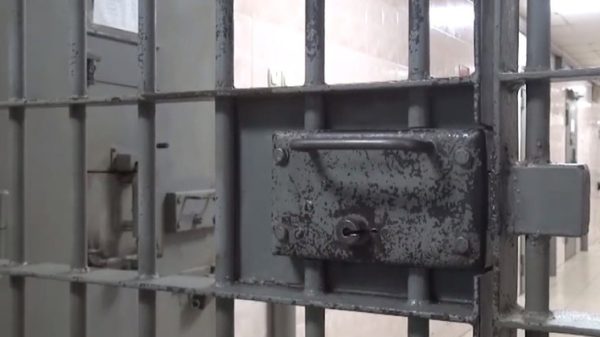
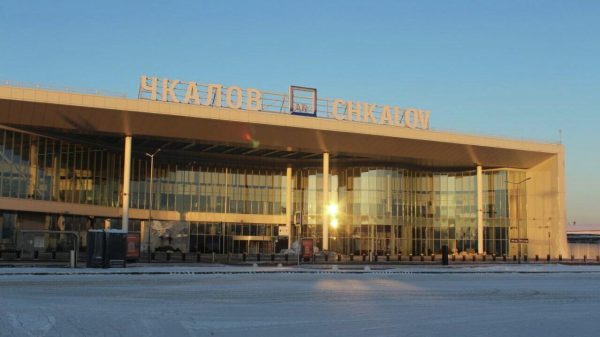
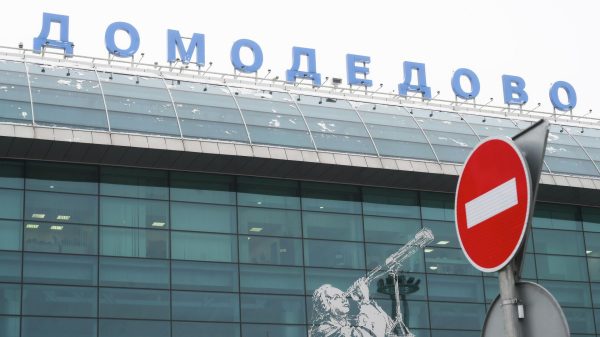







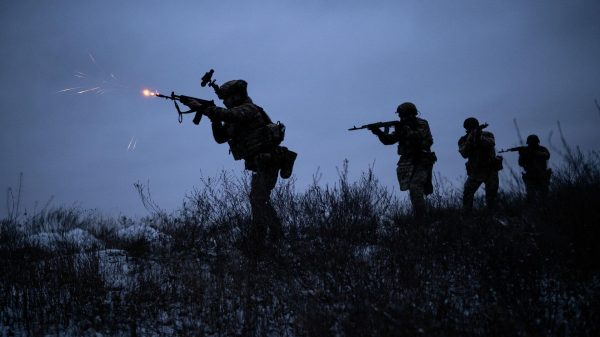

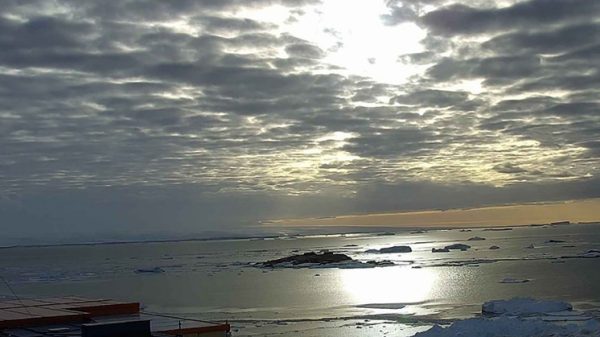















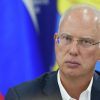

















Свежие комментарии